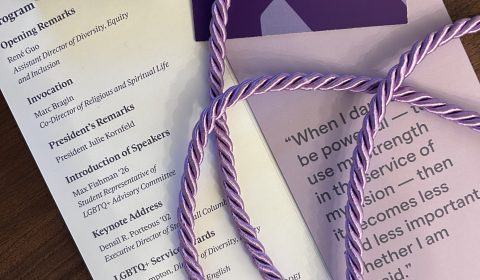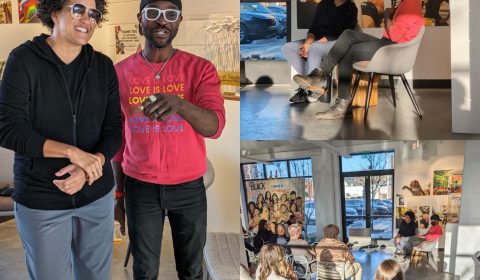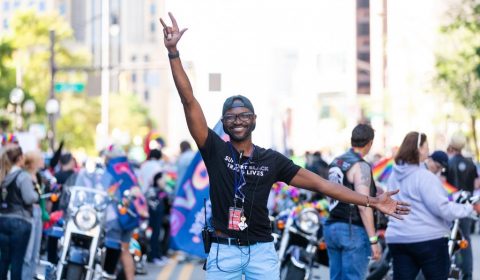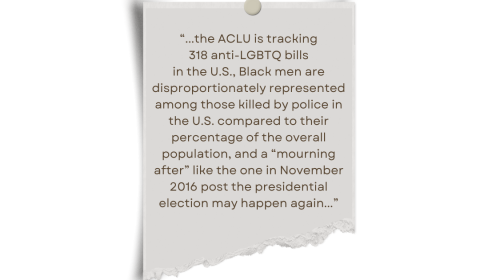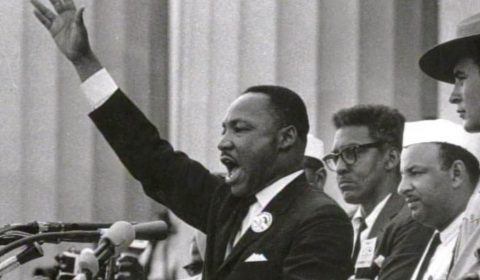Death, an inescapable facet of life, visited our family three times in one day last week, each instance a profound yet distinctly different encounter. The day began with a child’s innocent discovery of a “floating funny” fish—its stillness a subtle prelude to the day’s unfolding narrative. By afternoon, the somber news of a duck’s demise, a further reminder of the fragility that permeates our existence. And after nightfall, the stark reality of human loss confronted us—my cousin, teary-eyed on our sofa, mourning the death of a friend.
This cascade of loss, escalating from a little pet to a pet that has become a family member to a cherished human life, brought a raw clarity to the spectrum of grief and the breadth of its impact on us, irrespective of age or experience. My daughter, having witnessed the earlier, lesser losses, found herself unwittingly prepared to offer solace to her grieving aunt. Her response, tender and empathetic, as she often is, was a testament to her emerging understanding of mortality and the compassion it necessitates.
But what if “dead duck day” had unfolded differently? What if the first encounter with death had not been a small fish but instead a beloved friend? Would we have been prepared? The truth is, no sequence of events can truly ready us for the pain of a significant loss. Each encounter with death, while part of a natural progression, is unique in its emotional toll and the personal growth it spurs.
In reflecting on last week’s events, and on my own experience of losing my mother 29 years ago, when I was 14, it becomes clear that while we cannot control the order in which we face these losses, we can cultivate our resilience and empathy. Each experience, no matter how small, layers upon the last, shaping our responses and fortifying us for the inevitable challenges ahead. Though the pain of loss may lessen over time, the longing for the presence of a loved one grows, enriching our understanding of love and loss.
Our ability to comfort and be comforted, to share in the burden of grief, is perhaps the most profound aspect of our humanity. As we navigate through the layers of loss, from the seemingly trivial to the deeply personal, we learn not only about the inevitability of death but also about the depth of our capacity to connect, to support, and to endure. These lessons, though painful, are invaluable. They remind us that in the face of death’s certainty, our compassion and shared humanity are our most enduring strengths.
We should take comfort in knowing that each layer of loss, while uniquely challenging, prepares us for the next, enabling us to face each with a greater depth of understanding and a more profound capacity for empathy. In the natural course of life, we find not only loss but also the opportunity to grow in the most human of ways.
Marcia. Sheldon. Tonysha.

